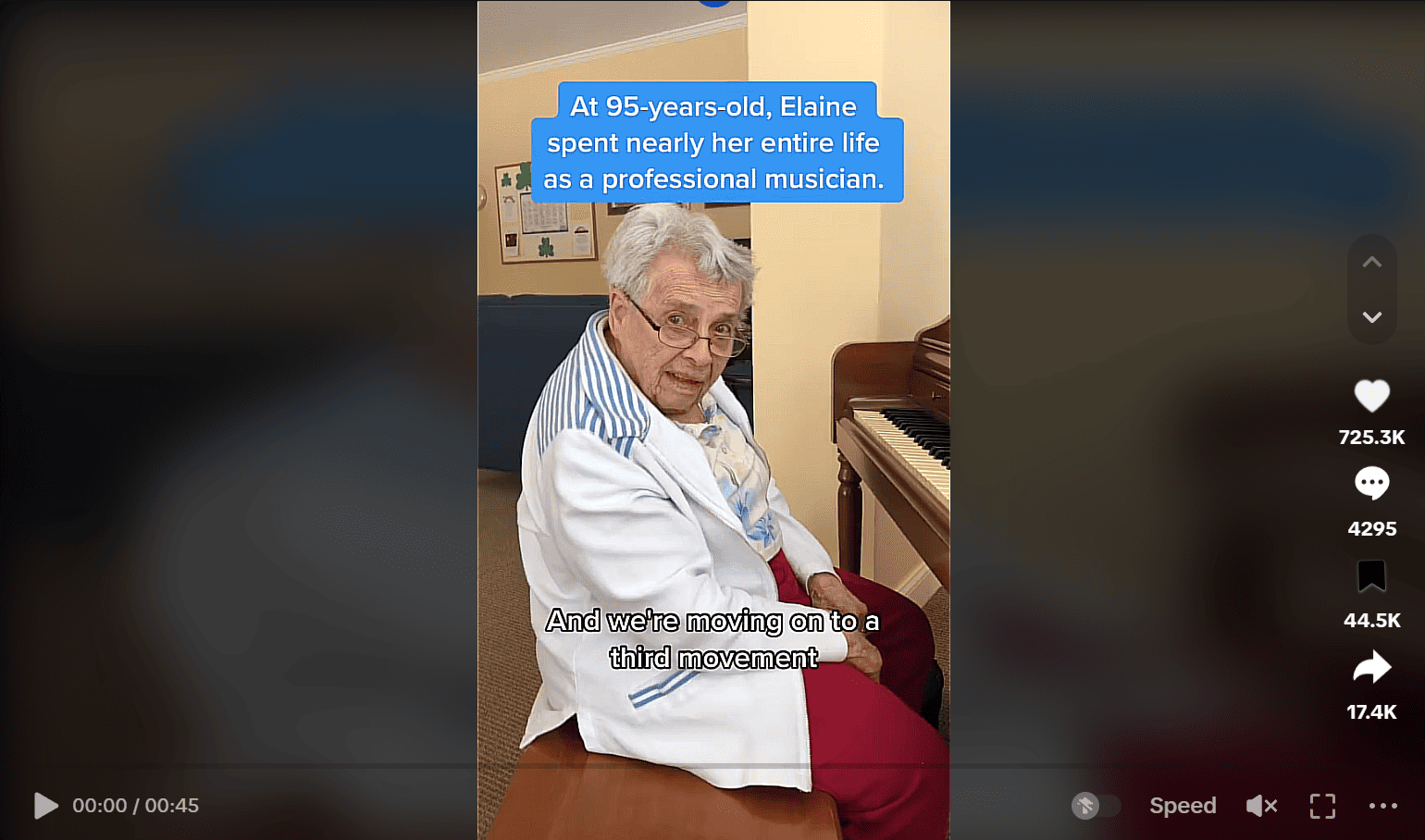
Do this 3 times a week to last 32 minutes or more
Unsubscribe | Report as spam | Change email preferences
—-Important Message—-
Finishing too fast? This boosts bedroom endurance
I always struggled to last longer than 5 minutes for most of my life.
Not just with women, but by myself too.
I just couldn’t control it at all.
I think back to when I was a boy, trying to rub one out all the time in secrecy…
And how that guilty, rushed feeling may be why I’ve “trained” myself to come quickly.
Well, now I’ve found an easy way to “train” myself to last as long as I want.
It’s a sneaky way of forcing myself into lasting longer and longer…and longer and longer…
And the best part is that it feels really good.
It’s allowed me to start lasting 30 minutes or more almost every time I have intercourse.
And when I’m by myself, sometimes I last for hours…
When I finally finish, it’s like an explosion of ecstasy that takes me a while to recover from.
And I don’t say that to brag, but to be a testament to this new method I’m using.
You can use it too. In fact, it’s free for you today.
Go here to try it in as little as a few minutes — works wherever you are
———-
A few minutes of this activity can lower the risk of Alzheimer’s
There are some amazing videos of Alzheimer’s patients responding very positively to music.
In some instances, people suffering with advanced Alzheimer’s can pick up an instrument they used to play with incredible skill.
The relationship between music and cognitive function is just starting to be discovered. The same is true of meditation.
A recent study looked at the effect of music or meditation on cognitive decline and Alzheimer’s risk.
This human research was carried out at the Department of Epidemiology, School of Public Health, West Virginia University. The results were published in the Journal of Alzheimer’s Disease.
The study was designed to understand the effect of relaxation techniques on symptoms related to cognitive decline.
The researchers also performed a number of blood tests before and after.
“The objectives were to assess the effects of two 12 week relaxation programs in adults with subjective cognitive decline.”
The researchers enrolled 60 adults who had reported a decline in their mental functions (subjective cognitive decline).
“Study participants were 60 independently living older adults experiencing subjective cognitive decline.”
Cognitive decline comprises a number of factors.
These include memory problems and an inability to follow simple directions or focus for extended periods of time.
All of the participants were assessed for cognitive decline before and after the trial period.
The participants were randomly assigned to either meditation or music listening.
The meditation program involved something called Kirtan Kriya meditation. This involved chanting and visualization.
“Participants were randomized to a 12-week Kirtan Kriya meditation or music listening program and asked to practice 12 minutes/day. ”
The music listening program involved listening to relaxing classical music.
Participants were given a choice of a number of CDs recordings by the composer’s Bach, Beethoven, Debussy, Mozart, Pachelbel, and Vivaldi.
Both exercises took only 12 minutes per day. This was repeated for 12 weeks, and then the participants were reassessed.
The participants took part in another assessment 3 months after completing the trial.
Both interventions improved cognitive function.
“Both groups improved in cognitive and psychosocial status.”
The interventions also led to improvements in stress, mood, and general quality of life.
The researchers found that the meditation exercise was even more effective than the music listening exercise.
“Improvements in stress, mood, and quality of life were greater in the meditation group.”
The researchers also took a number of blood samples before and after the trials.
One of these blood tests looked at proteins related to Alzheimer’s disease.
Alzheimer’s disease is known for an increase in amyloid proteins in the brain.
But some types of amyloid beta proteins actually decrease in the blood of people with Alzheimer’s.
Low levels of these proteins in the blood are associated with an increased risk of Alzheimer’s disease.
Both of the interventions improved the levels of these proteins in the blood.
“Rising amyloid beta levels were correlated with gains in cognitive function, mood, sleep, and quality of life.”
Both of the experiments led to improved sleep. Poor sleep is strongly associated with Alzheimer’s and cognitive decline.
Benefits were seen in most areas at the end of the trial.
Many of the benefits persisted even 3 months after the trial had finished.
Meditation was found to be slightly better than music listening in most areas.
“Simple mind-body therapies may alter Aβ levels, cognitive function, sleep, mood, and quality of life, suggesting potential functional relationships.”
Just a few minutes of meditation or music listening per day could lower the risk of Alzheimer’s and cognitive decline.
—-Important Message About Preventing Dementia—-
My memory trick
It’s terrible forgetting where things are. Forgetting we are wearing our glasses.
Forgetting events that we should remember but don’t.
It makes us appear old. It also makes us appear like we are getting senile.
People shake their heads. Women don’t want to hang because the guy seems old and out of it.
I wanted a way to appear young again. And to postpone old age.
I found that it isn’t my appearance that counts — it’s’ how I remember things.
So here’s the simple white powder I’m now using to keep my mind and memory as sharp as an ax
———-





